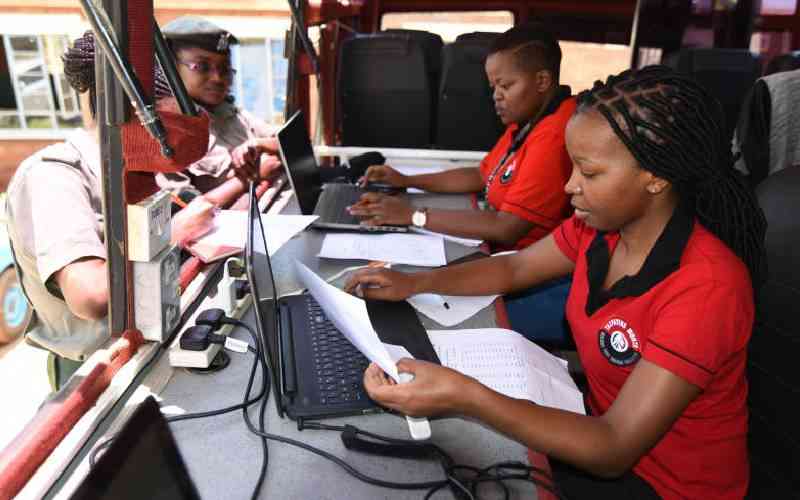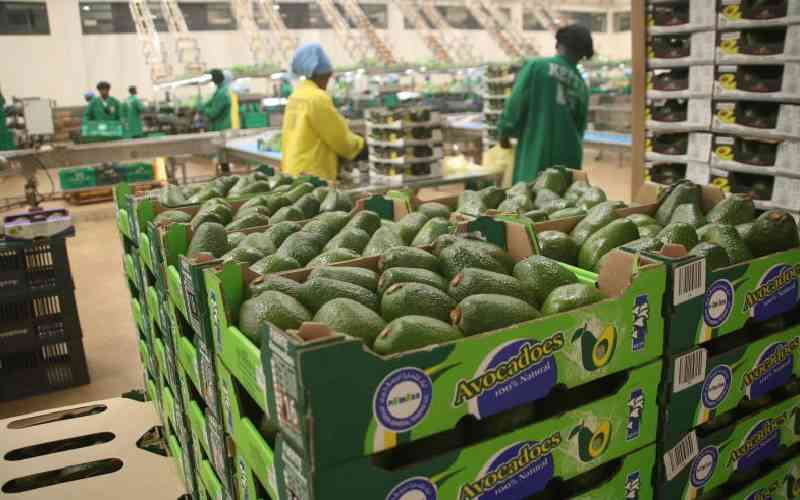Residents of East Africa will be the biggest beneficiaries of the African Continental Free Trade Area (AfCFTA), according to a new report published by the United Nations Economic Commission for Africa and TradeMark East Africa.
Economists predict that East Africa will receive up to Sh180 billion in welfare gains.
Once the agreement rolls out in July, 54 of the 55 countries in the African Union will make up the world’s largest trading bloc.
An estimated 1.3 billion people will be connected to a Sh250 trillion market.
The potential is immense, and it is very exciting that Africa is finally coming together, not just culturally but economically too.
Once in place, the AfCTA is expected to create around two million jobs in East Africa, a majority of which are predicted to go to Kenyans due to the quality of our human talent and educational training.
It also means that more goods and people will be moving across Africa in search of career opportunities.
Business relationships
This will open job opportunities, as well as stimulate more knowledge sharing, business relationships and all of the benefits that come with spending time in other countries.
With more Kenyans able to access jobs that are less prominent in our market, the diaspora will play an even bigger role in driving economic growth.
This is a pattern we have already observed among the diaspora Kenyans in North America.
In line with the government’s agenda of incorporating them in nation building, Kenyans in the diaspora have begun contributing more to development projects.
The implementation of AfCTA, as well as the expected free trade agreement following the recent talks between President Uhuru Kenyatta and his US counterpart Donald Trump, could spark remarkable economic growth for Kenya.
While global markets are crashing due to the coronavirus outbreak, it is important that the government does not lose sight of the long-term vision for the country.
Increased economic interaction within Africa complemented by more trade with the United States is a sure way of guaranteeing Kenya’s access to key global markets.
And with Kenyans freer than ever, the opportunities that young people have are limitless.
The signing of the AfCTA also gives an opportunity for Africans to stick together and present a united front to the world in terms of our values, our potential and the kind of prosperity we hope to achieve in the 21st century.
It is reminiscent of the pan-Africanism that characterised the mission of black people all over the world in the 1960s.
During that era, the continent came together over shared cultural and historical identities.
In contrast, pan-Africanism is currently economic in nature. Africa has all of the right ingredients to become the world’s next economic powerhouse.
At more than 1.2 billion people, we have the youngest population of any continent, and researchers expect that number to grow further.
The continent has an increasingly skilled labour force of young men and women, thirsty for growth and learning opportunities.
Many of them are taking the initiative to create those opportunities for themselves.
President Kenyatta already acts as a liaison between Africa and the United States, and other countries because of Kenya’s position as a leader in different areas on the continent.
Kenya, therefore, stands in good stead to benefit immensely from existing trade pacts.
The writer is an architect and comments on topical issues?
 The Standard Group Plc is a multi-media organization with investments in media
platforms spanning newspaper print operations, television, radio broadcasting,
digital and online services. The Standard Group is recognized as a leading
multi-media house in Kenya with a key influence in matters of national and
international interest.
The Standard Group Plc is a multi-media organization with investments in media
platforms spanning newspaper print operations, television, radio broadcasting,
digital and online services. The Standard Group is recognized as a leading
multi-media house in Kenya with a key influence in matters of national and
international interest.
 The Standard Group Plc is a multi-media organization with investments in media
platforms spanning newspaper print operations, television, radio broadcasting,
digital and online services. The Standard Group is recognized as a leading
multi-media house in Kenya with a key influence in matters of national and
international interest.
The Standard Group Plc is a multi-media organization with investments in media
platforms spanning newspaper print operations, television, radio broadcasting,
digital and online services. The Standard Group is recognized as a leading
multi-media house in Kenya with a key influence in matters of national and
international interest.









